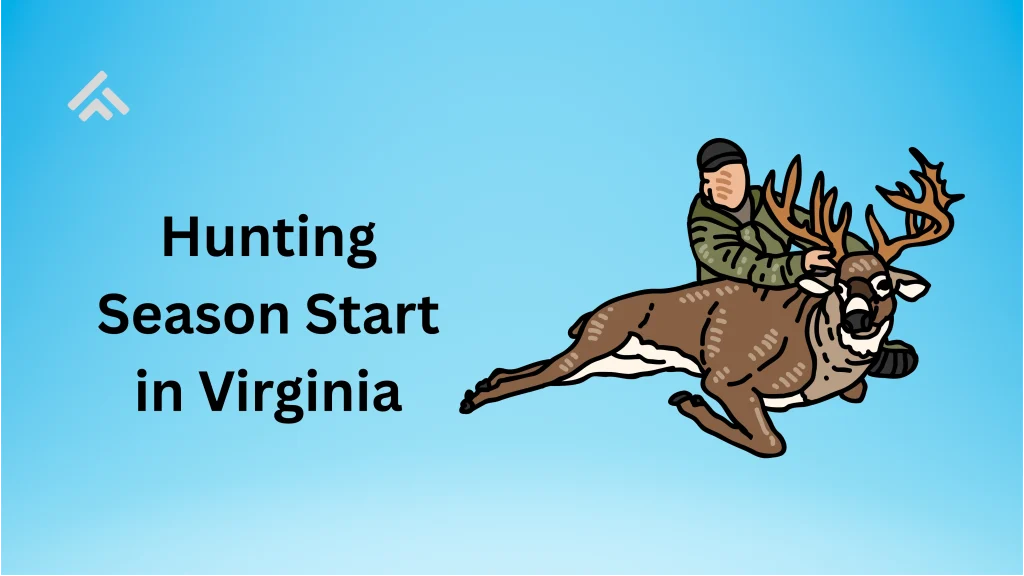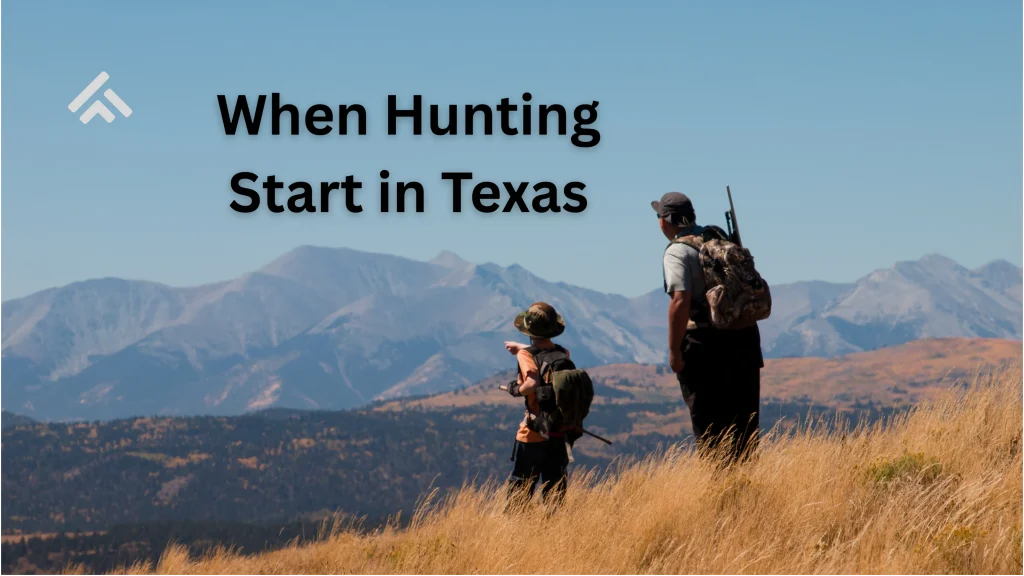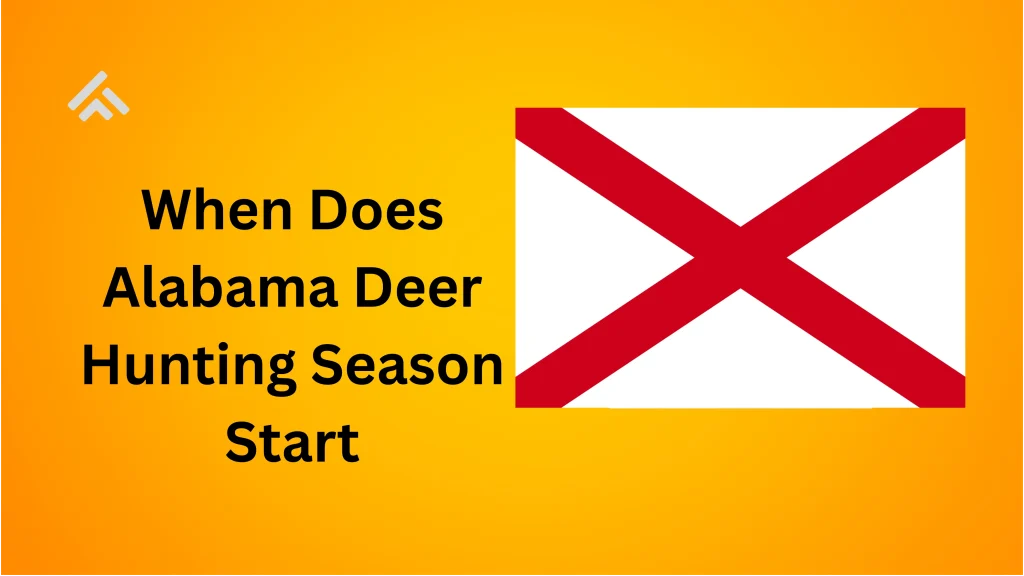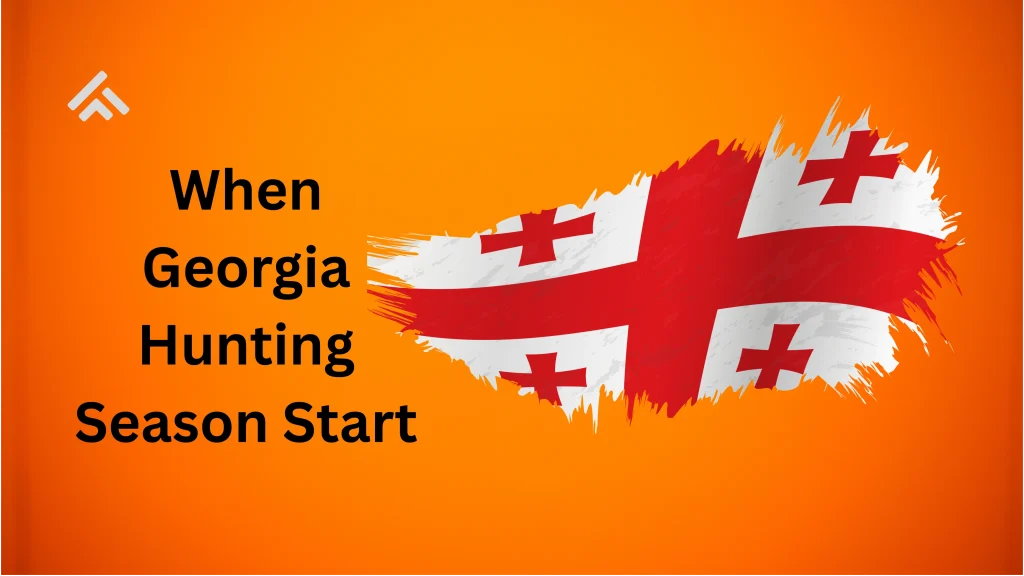Hunting season is the time when people are legally allowed to hunt certain animals. These dates are set by wildlife agencies to protect animal populations. Each type of animal has its own hunting season. Some animals can only be hunted in fall or winter. The rules help make sure hunting is done safely and fairly.
Knowing the hunting dates in Virginia is very important. It helps you follow the law and avoid fines. It also protects animals during times they need to grow or raise young. Hunting at the right time keeps the balance in nature. It also helps hunters plan their trips better.
Table of Contents
Virginia Hunting Regulations
Virginia sets clear hunting rules to keep the activity safe and fair. The Department of Wildlife Resources (DWR) decides when you can hunt certain animals like deer, bear, turkey, and small game. Each type of animal has its own season. These seasons can change depending on the area. For example, deer season includes archery, muzzleloader, and firearm periods. Hunters also have to follow daily and yearly bag limits.
You must have a valid hunting license to hunt in Virginia. If you’re between 12 and 15 years old, you need to pass a hunter safety course first. Different licenses are available based on your age, whether you live in Virginia, and the type of game you want to hunt. Make sure your license and any needed permits are up to date before heading out.
Hunters must also follow safety laws. Wearing blaze orange or pink during firearm seasons is required so others can see you. Hunting on Sundays is allowed in some cases, especially on private lands with permission. However, it’s illegal to hunt within 200 yards of a church or related buildings on Sundays.
General Hunting Season Dates by Game Type
Deer Hunting Seasons in Virginia
Virginia has different deer hunting seasons based on the type of equipment used. The Urban Archery Season begins on September 7, 2025 and runs until October 4, 2025. It starts again from January 5 to March 30, 2026 in specific city zones. The Early Archery Season is from October 5 to November 15, 2025, and it’s open in most areas across the state. A later archery season also runs from December 1, 2025 to January 4, 2026 in select counties.
For muzzleloader hunting, the early season begins on November 2 and ends November 15, 2025. There is also a late muzzleloader season from December 14, 2025 to January 4, 2026. The General Firearms Season is from November 16, 2025 to January 4, 2026, but the exact days depend on your county. Always check local regulations before planning your hunt. For southern hunters, here are hunting season dates in Texas.
Turkey Hunting Periods
Virginia offers both spring and fall hunting seasons for turkey. The Spring Turkey Season is from April 12 to May 17, 2025. Before this, there’s a special weekend for youth and new hunters on April 5 and 6, 2025. It’s a good chance for beginners to get started under supervision.
The Fall Archery Season for turkey is open from October 5 to November 15, 2025, in most parts of the state. The Fall Firearms Season begins October 19, 2025 and runs through January 25, 2026, but these dates vary by area. Some counties may have different rules or may be closed to fall turkey hunting.
Small Game Seasons
Small game in Virginia includes squirrels, rabbits, and quail. For Gray and Red Squirrels, the season runs from September 7, 2025 to February 28, 2026. Fox Squirrels can be hunted from September 7, 2025 to January 31, 2026, but only in approved counties.
The seasons for rabbits and quail also begin in the fall and go through winter. Dates for these animals may differ depending on where you are hunting. Hunters must follow bag limits and check for special rules in their hunting areas.
Waterfowl and Migratory Birds
Dove hunting is split into three parts. The first segment is from September 2 to October 20, 2025. The second runs from November 23 to December 1, 2025, and the last is from December 20, 2025 to January 20, 2026. There’s a daily bag limit of 15 doves per hunter.
Duck and goose hunting seasons depend on your hunting zone and the bird species. These dates are set by federal rules and updated yearly. For the most accurate dates and zones, it’s best to check the Virginia DWR website before your trip.
Licensing and Permits Required in Virginia
To hunt legally in Virginia, you must have the right licenses and permits. These depend on whether you live in Virginia, your age, the hunting method, and the animals you want to hunt. If you live in Virginia and are 16 or older, you need a resident hunting license. There are options for annual or multi-year licenses. Nonresidents also need a hunting license, and short-term licenses are available if you plan a short trip. Young hunters aged 12 to 15 can get a junior license, but kids under 12 don’t need a license as long as they are with an adult who does.
Besides the basic hunting license, some species or hunting styles require extra permits. For example, you need a special license to hunt deer or turkey. If you use a bow or muzzleloader, separate licenses are required for those seasons. Hunters going after bears must have a bear license. Waterfowl hunters must have a migratory bird stamp, a federal duck stamp, and register with the Harvest Information Program.
Hunter Education and License Fees
Before getting a hunting license, many hunters must complete a hunter education course. This usually applies to first-time hunters and those aged 12 to 15. Younger children must be supervised by a licensed adult while hunting. Virginia also offers an apprentice license for new hunters that lets them hunt under supervision for up to two years while completing the course.
The cost of licenses and permits varies. Resident licenses generally cost less than nonresident ones. There are special prices for youth, seniors, and apprentice licenses. Additional permits like bear licenses or migratory bird stamps also come with fees. You can find all prices and details on the Virginia Department of Wildlife Resources website
Conclusion
Hunting season in Virginia starts at different times depending on the type of game and hunting method. It’s important to know the exact dates before planning your hunt. This helps you stay safe and follow the law.
Always check the current year’s schedule and get the right licenses and permits. Being prepared makes your hunting experience better. Remember to respect wildlife rules and enjoy your time outdoors responsibly. Hunting in Virginia can be a great way to connect with nature when done correctly.



